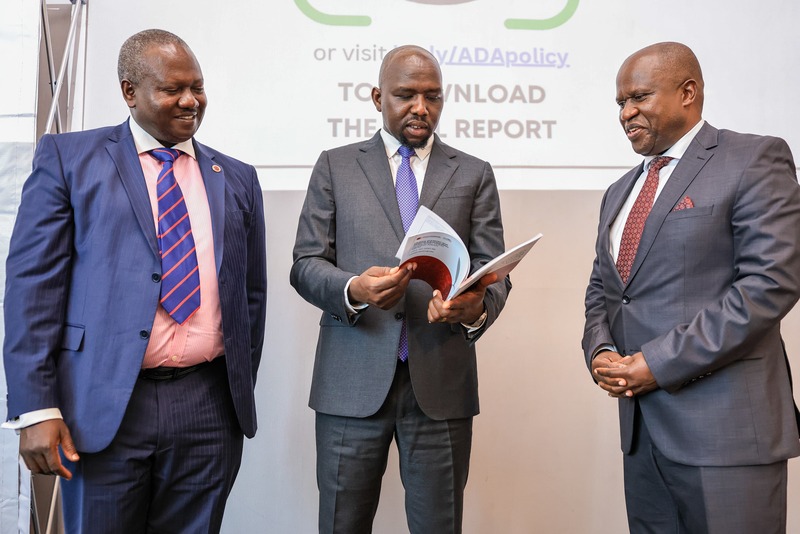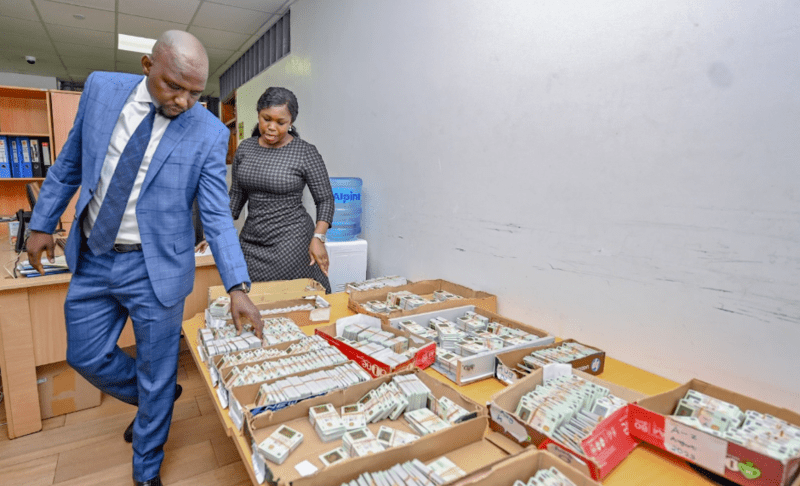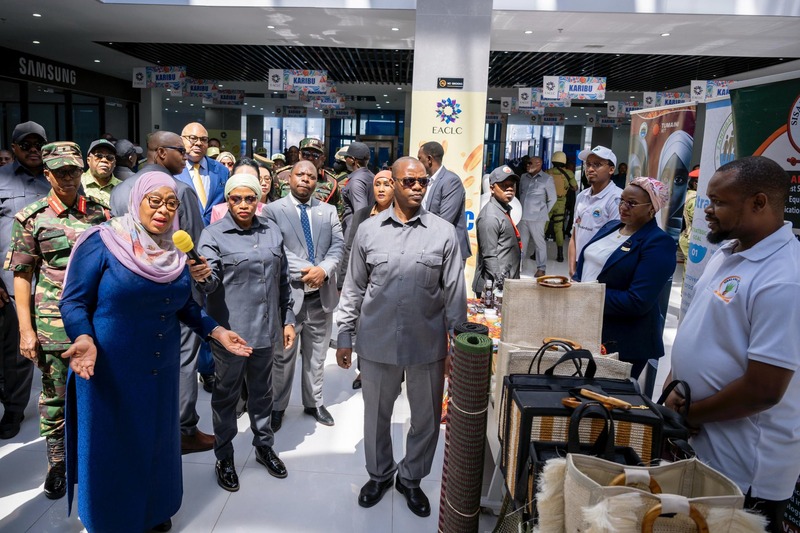Goods moved within EAC are transfers, not imports or exports - KAM

KAM CEO cautioned that the imposition of additional duties on goods by any EAC member state violates Article 10 and Article 15 of the Customs Union Protocol.
As trade within the East African Community (EAC) faces fresh challenges, Kenya Association of Manufacturers (KAM) CEO Tobias Alando has reiterated that goods moving from Kenya to Uganda and Tanzania are classified as transfers under the EAC customs union, not as imports or exports, and should not be subjected to any duty.
During an interview with Citizen TV on Saturday, Alando said manufacturers in Kenya have been exporting goods across the region in accordance with EAC regulations since the Common Market Protocol came into effect in 2010.
More To Read
- KAM decries weak policy enforcement in Kenya’s wastewater management
- Kenya’s struggling leather industry faces fresh test as show imports hit Sh1.85 billion
- State to ease import rules for manufacturers in bid to cut production costs
- Eating wild meat carries serious health risks – Why it still happens along the Kenya-Tanzania border
- South Africa welcomes Tanzania’s lifting of agricultural import ban
- IMF upgrades Kenya’s economic growth to 4.8pc in 2025 despite regional, global slump
“We have been exporting our goods within the EAC regulations, which are very clear,” he explained. “The goods exported either from Kenya to Tanzania or Uganda are not considered as exports or imports. They are considered transfers.”
Alando noted that, under the customs union framework, anything not considered an import or export should not be subject to any duty.
“It is a transfer from one country to another within the customs union. Anything that is outside the customs union, that is what needs to be charged a duty,” he added.
He cautioned that the imposition of additional duties on goods by any EAC member state violates Article 10 and Article 15 of the Customs Union Protocol. According to Alando, Kenya has officially raised concerns with the EAC Secretariat regarding Tanzania’s actions, which it believes are inconsistent with the agreed-upon rules.
“We need to have this conversation at the EAC Secretariat so that the issues inhibiting trade within EAC can be resolved through the lay-down mechanism. And that is what we are doing,” he said.
Alando also acknowledged that other member states, including Tanzania, have the right to raise similar objections if they believe Kenya or Uganda is applying discriminatory taxes. He confirmed that lobbying has taken place and meetings have already been held.
“All partners were asked to submit the list of goods which are deemed to have discriminatory taxes imposed. The EAC will review, I think, by the 31st of August,” he stated.
Currently, around 30 per cent of Kenya’s exports go to the East African region, with Uganda and Tanzania being the top destinations.
Alando warned that trade disruptions in these markets could have a significant impact on the economy.
“Losing those key markets, which constitute 30 per cent of our exports, will be detrimental for our economy,” he said.
KAM raised concerns over the financial strain facing Kenyan exporters following the introduction of new tax measures in Tanzania.
Alando noted that several manufacturers, particularly those exporting meat, confectionery, milk, and steel products, have been heavily affected by the industrial development levy and excise duty introduced under recent policy changes.
According to Alando, these levies have significantly increased the cost of doing business, making exports to Tanzania economically unviable for many firms.
He warned that the resulting trade imbalance could benefit exporters from outside the East African region, including countries such as India, China, Turkey, and others in Asia, at the expense of local industries that are key drivers of employment.
Alando cautioned against retaliatory restrictions, arguing that such actions would harm citizens across the East African Community.
“The danger is that if we also impose retaliatory prohibitions, we won’t be doing justice to our people in the East African Community. What’s important is for countries to have a conversation through the EAC to try and resolve this issue. It’s not good for business in the region,” said Alando.
Top Stories Today












































